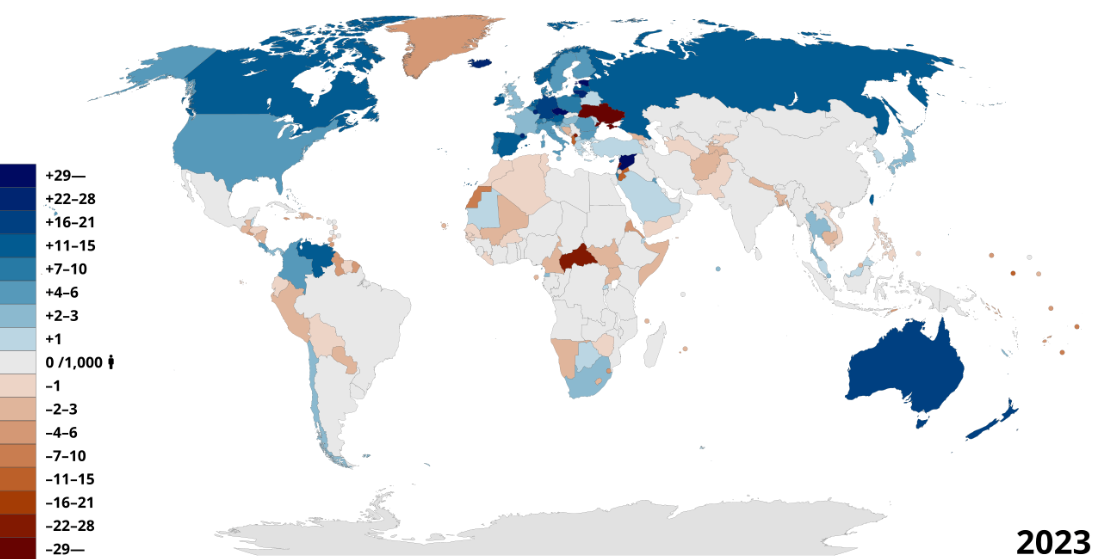India Ranks 129th on Global Gender Gap Index (GS Paper 3, Economy)

Overview
- India has been ranked 129th out of 146 countries in the 2024 Global Gender Gap Index, maintaining its position in the bottom 20 for several consecutive years.
- This ranking underscores the persistent and multifaceted challenges that India faces in achieving gender parity, despite some areas of progress.
About the Global Gender Gap Index
The Global Gender Gap Index, introduced by the World Economic Forum in 2006, measures gender equality across four key dimensions:
- Economic Participation and Opportunity
- Educational Attainment
- Health and Survival
- Political Empowerment
The index scores countries on a scale from 0 (no parity) to 1 (complete parity), with a focus on highlighting gender inequality rather than solely women's performance.
India's Performance in Sub-Indices
Economic Participation and Opportunity
- Score: 39.8%
- Rank: 142nd out of 146
- Analysis: This low score reflects significant gender gaps in the workforce. Women in India face barriers to entering the workforce, achieving equal pay, and attaining managerial positions. Despite a minor improvement from previous years, the country remains near the bottom globally in this category.
Educational Attainment
- Score: 96.4% gender gap closed
- Rank: 112th
- Analysis: India has made notable strides in educational equality, with almost complete parity achieved in primary and secondary education. However, challenges persist in higher education and literacy rates, resulting in a ranking below the global average.
Health and Survival
- Score: 0.951
- Rank: 142nd
- Analysis: India ranks poorly in health and survival, which includes sex ratio at birth and life expectancy. This indicates significant gender-based health disparities, including issues related to maternal health, nutrition, and access to healthcare.
-
Political Empowerment
- Score: 25.1%
- Rank: 65th
- Analysis: India fares better in political empowerment, with women occupying notable positions in government. However, the overall representation of women in parliament and ministerial positions remains limited, highlighting the need for greater political inclusivity.
Regional Comparison
- South Asia Performance: Within South Asia, India ranks 5th out of 7 countries. This regional context shows that India is lagging behind some of its neighbors in gender equality.
- Top Regional Performer: Bangladesh, ranked 99th globally, leads the region, demonstrating more effective measures to bridge the gender gap.
Economic Implications
Gender inequality is not only a social issue but also an economic one. Discrimination based on gender is estimated to cost the global economy up to $12 trillion annually. Improving gender equality could significantly enhance GDP growth rates by:
- Increasing female labor force participation.
- Enhancing productivity through diverse leadership.
- Improving health and educational outcomes, leading to a more skilled workforce.
Conclusion
India's stagnant position in the Global Gender Gap Index calls for urgent and sustained efforts to address gender disparities. Comprehensive strategies are needed to:
- Boost women's participation in the economy by creating supportive policies for working women, including flexible work hours and better childcare facilities.
- Ensure equal access to quality education at all levels and promote female enrollment in higher education and STEM fields.
- Address health disparities through targeted healthcare policies and improved access to healthcare services for women.
- Enhance political participation by promoting policies that ensure greater representation of women in political roles.


